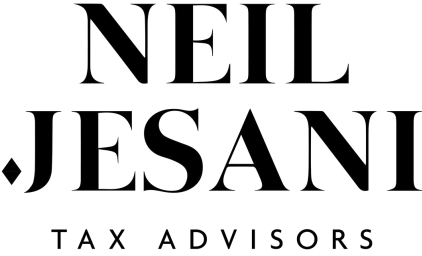The Corporate Transparency Act (CTA) is bringing significant changes to the business world with new Beneficial Ownership Reporting requirements. If you own a business or have formed an entity, compliance is mandatory—failing to adhere to these regulations could result in severe penalties. This is not just another bureaucratic formality; it is a transformative step in corporate transparency. Are you prepared for what’s coming?
Understanding Beneficial Ownership Reporting: Who Needs to File?
Beneficial Ownership Reporting is designed to safeguard the integrity of businesses in the U.S. by requiring entities to disclose their real owners. Under the CTA, businesses must report beneficial owners—those who own or exert control over a company—to the Financial Crimes Enforcement Network (FinCEN).
Why Is This Important?
The U.S. government is cracking down on shell companies used for illicit activities such as money laundering and fraud. Even if your business is completely legitimate, you are still required to comply.
Who Is Required to File?
-
Corporations, LLCs, and most U.S.-registered business entities
-
Individuals with 25% or more ownership in a company
-
Those who have significant control over business decisions
-
Entrepreneurs who formed their own businesses (if you DIY-ed your LLC or corporation, this applies to you too)
Are There Any Exemptions?
Certain large and heavily regulated businesses may be exempt, but it’s crucial to verify your status instead of assuming exemption.
What Are the Reporting Requirements?
To comply, businesses must:
-
Gather Information – Identify all beneficial owners and collect key details, including full legal name, date of birth, residential address, and an identification number from an official government document.
-
Prepare Reports – Ensure that all submitted information is accurate to avoid penalties.
-
File with FinCEN – Submit your report as soon as compliance resumes.
-
Seek Expert Assistance – If you set up your business on your own, consulting a professional can help ensure compliance.
What Are the Consequences of Noncompliance?
Failure to meet Beneficial Ownership Reporting requirements carries serious penalties:
-
Fines – Up to $500 per day for noncompliance.
-
Criminal Charges – Knowingly providing false information could result in up to two years in prison.
-
Increased IRS & FinCEN Scrutiny – Noncompliant businesses could face heightened audits and financial oversight.
What’s Your Next Step?
Who Can Help You Stay Compliant?
-
If your business was set up by an attorney, CPA, or professional service, confirm with them that your reporting is covered.
-
If you formed your business yourself, seek professional guidance immediately to ensure compliance.
Why You Should Act Now
The deadline for Beneficial Ownership Reporting is approaching, and enforcement will be strict. Delaying action could lead to last-minute complications and costly mistakes.
If you need expert guidance, Neil Jesani Advisors is ready to help you navigate compliance, protect your business, and avoid unnecessary risks. Don’t wait until it’s too late—schedule a consultation today and ensure your business meets these new requirements.


